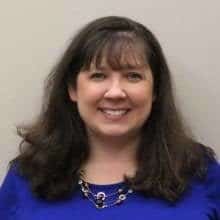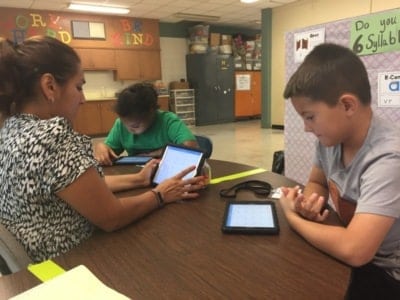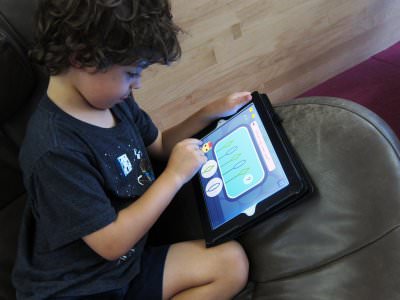

Assessment of child progress, a National Association for the Education of Young Children program standard, helps teachers to improve their teaching and enhances student learning. Currently, observation-based assessment is the most common assessment approach in Head Start and state-funded Pre-K programs. However, it is also time-consuming for teachers, who spend four to six hours per week writing notes on student development, transcribing the notes into a digital form, and then scanning for patterns to guide instruction.
Three preschool teachers from the Davie County School system in Mocksville, N.C. were among the first to evaluate the efficacy of a new assessment system through a pilot program during the spring of 2018.
The pilot partner, Cognitive ToyBox, developed a research-backed, game-based platform that enables direct assessment of early language, literacy, math and social-emotional skills. Using a touchscreen device, students play one assessment game per week for an average of five minutes, and teachers have access to N.C. standards-aligned reports that support them in planning for instruction and for supporting individual student needs.
Data-based assessments: Accurate, consistent, and actionable
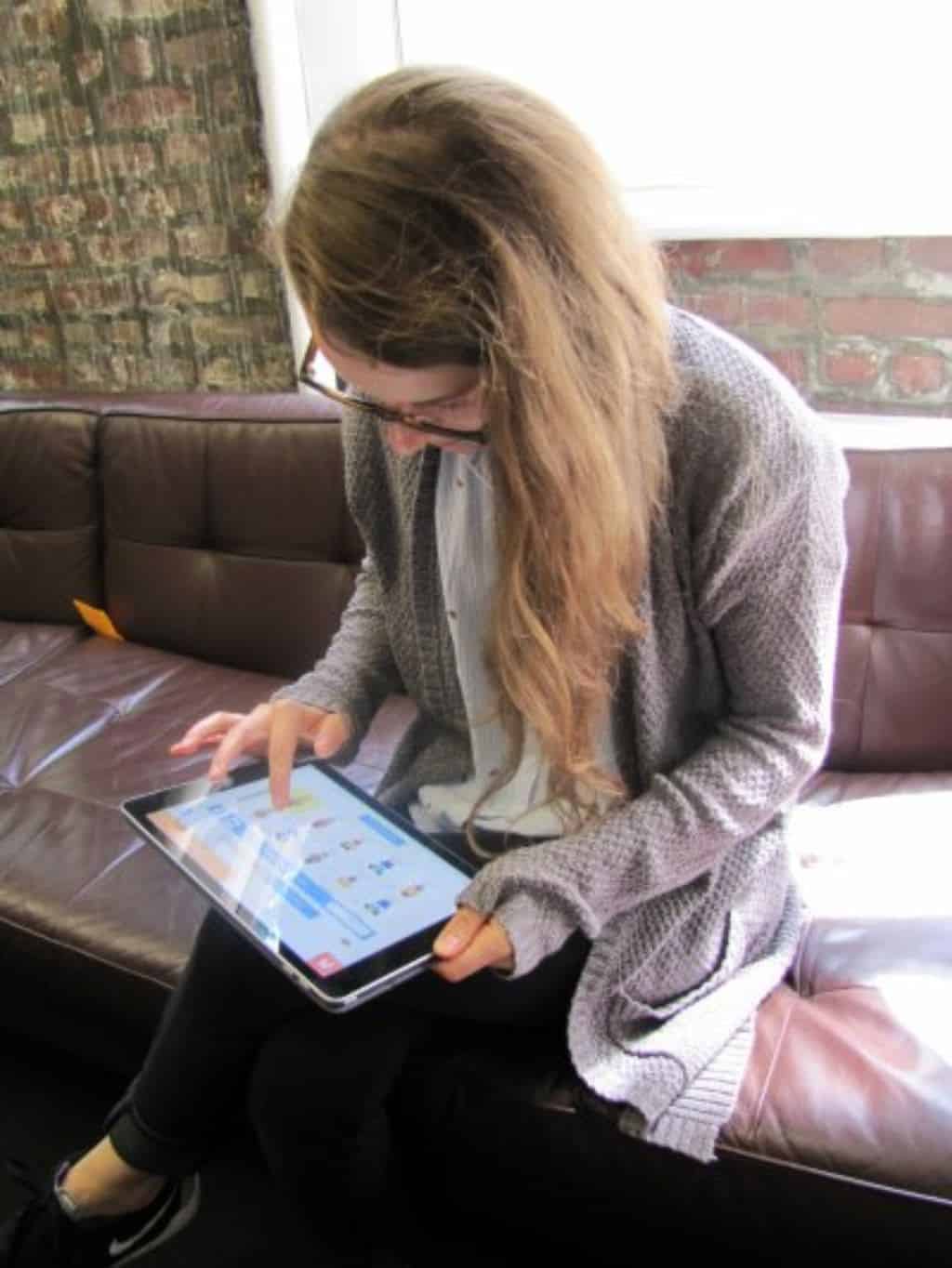

Ideally, CTB Assess will become a valuable tool in achieving the goals of DavieLEADS, the school system’s five-year early literacy initiative aimed at improving kindergarten readiness and increasing the percentage of students reading proficiently by the end of third grade.
DavieLEADS is funded through a $2.5 million grant from the Mebane Foundation, which also brought the two organizations together. The Foundation supports collaborations and partnerships among educational professionals, business leaders, elected officials, and the community that help ensure that children have the opportunity to reach their highest potential.
Mebane partnership with 4.0 Schools continues to pay dividends
Foundation President, Larry Colbourne, learned about Cognitive ToyBox through a grant to New Orleans-based 4.0 Schools, a non-profit incubator that finds, trains, and invests in passionate people solving the most critical challenges in education. He recognized its applicability to the preschool portion of DavieLEADS, which has ultimately led to a serendipitous partnership between two programs the Mebane Foundation supports.
“The goal of funding 4.0 Schools was to gain access to great educational thinkers across the country,” Colbourne said. “We hoped to find entrepreneurs with ideas that align with our mission and we believe we have done so with Tammy (Kwan) and Cognitive ToyBox.”
Colbourne shared the program with Peggy Nuckolls, director of preschool programs for Davie County Schools, and Stephanie Nelson, preschool collaborative teacher for Davie County Schools.
Standards-aligned data by student, class, and district
Both Nuckolls and Nelson quickly recognized CTB Assess’s potential for creating consistency and increasing reliability in assessments throughout the county’s public and private NC Pre-K classrooms, particularly since it aligns with the standards used by preschool teachers across all settings.
“We saw its value as a universal and less subjective measurement tool that could truly focus on the child’s ability versus what the teacher thinks the child can or cannot do, erasing any potential bias,” Nuckolls said.


“Data can be pulled by student, class, or district. This is helpful for administrators as well as teachers who can take student data and sort children by skill mastery which aids in putting children together in small groups to focus on different skills and objectives. After talking with Tammy (Kwan), we decided to give the platform a try.”
During the pilot, the school system met with Kwan each month to provide feedback on what worked about the platform and what could be improved to better support their program.
“Participating in the pilot program has been great,” said Nelson. “Tammy has continuously asked, ‘What do we need to tweak? What do we need to change? How can we make it better? She isn’t afraid to make changes.’”
Tam Hudson, Felicia Myers, and Josey Redinger, who used the platform in their classrooms for three months, found the platform user-friendly and appreciated the additional data.
“My kids loved Cognitive ToyBox”
“My kids loved Cognitive ToyBox,” said Redinger. “It was engaging and interactive. It provided an opportunity to work on their own at their own pace and also an opportunity to work alone with me. I enjoyed it for the same reasons. I also like how the reports gave me some insight into their abilities and helped me to group them in learning activities! This also helped me to complete student assessments for GOLD checkpoints.”
Hudson said, “By looking at the results, I was able to use the information to lead my teaching in large group and small group instruction. It is a quick picture that gives me a clear idea on what areas a child may need extra time with us to master a skill/task. My students loved it. They thought of it as a game!”
Both teachers found that the platform’s leveling of students across language, literacy, and math reflected their own understanding of students’ levels.
Their evaluations correlated with the other anecdotal assessments received by Kwan who said that one pilot teacher shared that in observing four to six children in math at a time, she sometimes “missed kids.” In comparison, Cognitive ToyBox gives her access to “super individualized” data on how each child is doing. Moreover, several teachers shared that having an additional source of data was incredibly valuable. In one case, a teacher had assumed that a child who was behind in language was also behind in shape recognition. Through the platform, she was surprised to learn that the child had mastered all of her shapes. In another case, the platform provided an additional data point for the instructional team to use to recommend that a child be screened for a language delay.
Cognitive ToyBox expanding to all public and private Davie County preschools for 2018-19 school year
Pleased with the overall results of the pilot, Nuckolls is looking forward to introducing the CTB Assess platform to all of the NC Pre-K classrooms, both public and private, across the county this fall. An $18,000 grant from the Mebane Foundation will provide both the software and the technology needed to support it.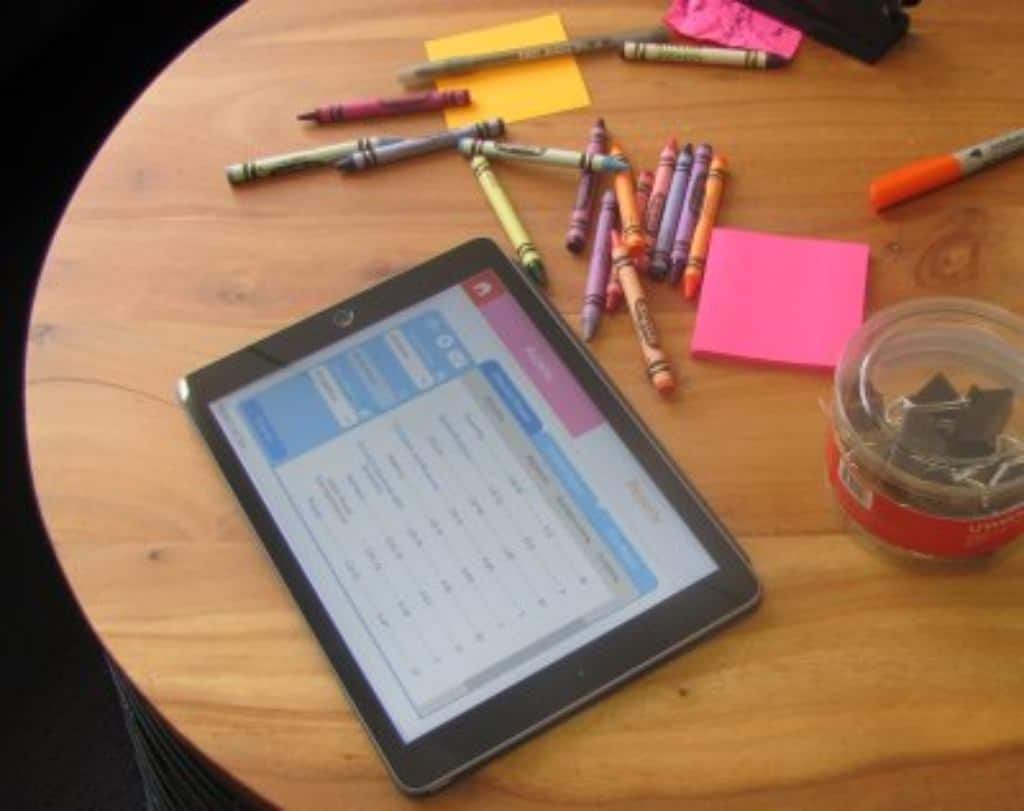

“It is our goal to support and invest in our teachers,” Nuckolls said. “This platform will help them to become better at what they are already doing and more consistent in our assessments across the county. This platform will take out subjectivity and allow for more reliable measurements. The implementation of this project will allow us to walk closer to our goals in DavieLEADS.”
“It’s been wonderful having Larry [Colbourne] as part of the continuous growth for the LEADS program,” she added. “As a funder, he isn’t just handing out money, but is invested in the true measurement of what we are trying to build which speaks volumes.”
Although delighted with the response so far, Kwan said Cognitive ToyBox is continuing to refine the technology to ensure that it is the most beneficial assessment platform available. “We aim to show that classrooms that use our platform are better supported through data, leading to improved school readiness and third-grade reading rates.”
Editor’s note: This article originally appeared on the Mebane Foundation website. It has been posted with the author’s permission.
